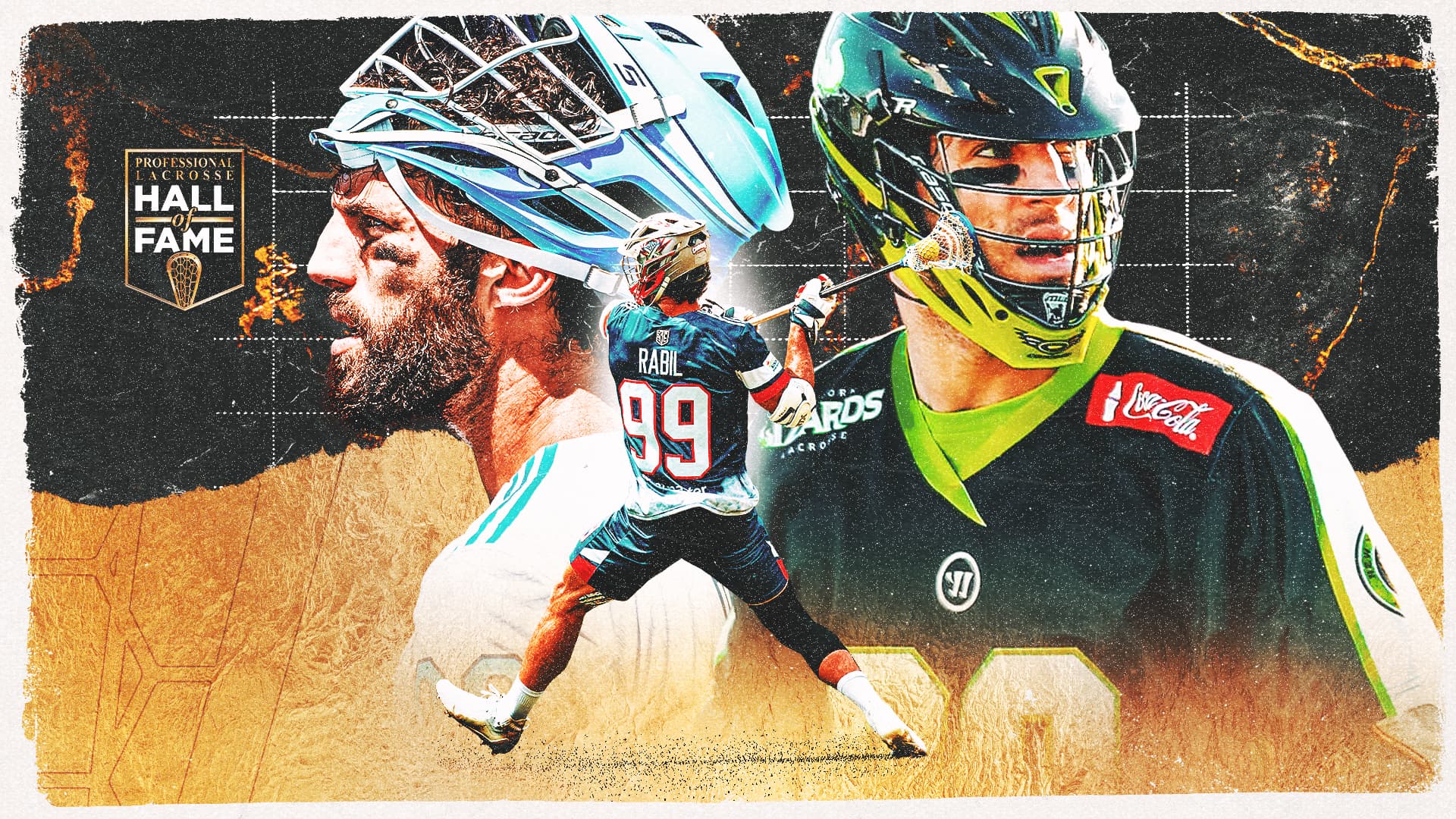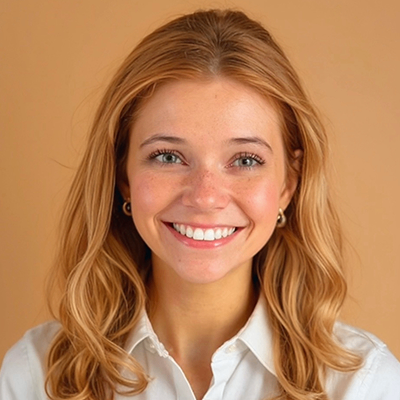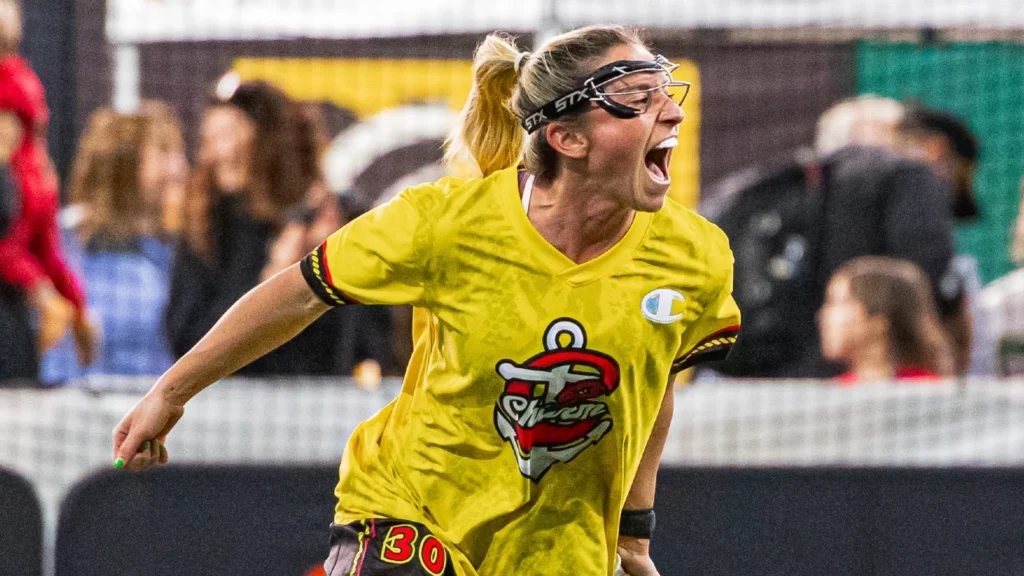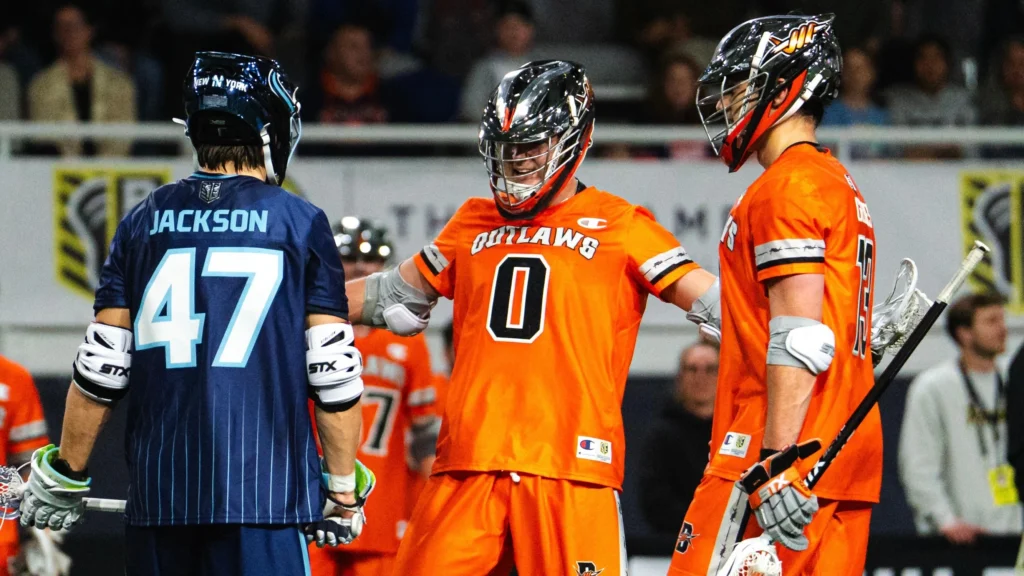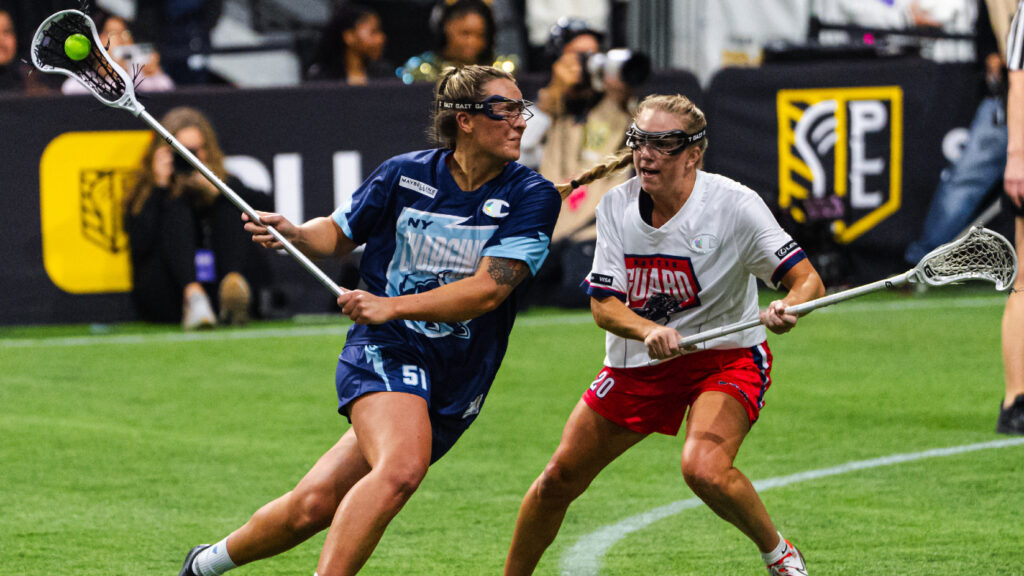When Ryan Boyle first encountered Paul Rabil as a professional, he wasn’t expecting to be surprised. After all, Boyle had grown up in the era of Mikey Powell and Kyle Harrison – players who had already reshaped the lacrosse landscape with their talent and charisma. But as Boyle noticed, something about Rabil’s arrival felt different.
It was 2008. Boyle and his teammates on the Philadelphia Barrage had traveled to Harvard Stadium for a game against the Boston Cannons. Boyle remembers the day vividly – not so much for the game itself, but for what followed after.
“They had this autograph alley set up,” he recalled. “And when the game ended, these kids just started chanting his name – ‘Rabil! Rabil!’ – like it was a rock concert. I’d never seen that before. Not for Mike. Not for Kyle. That kind of energy was new.”
That moment, Boyle said, marked a shift in the sport’s culture: Rabil’s impact would be different. The attention was striking, yes, but it’s how he exceeded his own stardom off the field with his play on the field that truly set him apart.
“He was a problem, and everyone knew it”
Paul Rabil – the lacrosse player – quickly proved he was more than hype. His combination of size, speed, and skill was rare, even in a league filled with elite athletes.
“There were guys who could shoot, guys who could dodge, guys who had the IQ, but Paul had all of it,” Boyle said. “And he had it to a level that made him a nightmare to defend.”
Kevin Buchanan, who played alongside Rabil for years, echoed that sentiment.
“I loved playing with Paul for his pure dedication to the game. He lived and breathed lacrosse,” Buchanan said. “With his constant focus and determination, it elevated his performance on the field.”
Buchanan had a front-row seat to the evolution of the young star.
“I saw his game grow from a top-down midfielder with a heavy shot on the run to a playmaker – on and off the ball – making high-level looks and lifting the offensive unit’s production as a whole,” he said
When Rabil entered the pros, he presented a matchup problem that required deliberate defensive planning. His combination of size, speed and shooting range made him difficult to contain, even for long-stick midfielders who were typically assigned to cover him. Teams had to account for him differently. His ability to draw a pole and still produce forced coaches to rethink how they structured their matchups and help rotations. It’s not that he was exposing weaknesses in their defensive systems as much as he was single-handedly pushing them to evolve.
“He was a problem,” Boyle said, “and everyone knew it.”
But what impressed Boyle the most was Rabil’s approach to preparation. Behind the scenes, he was relentless. He studied film obsessively – he studied his own matchups along with league trends, roster moves and even lesser-known players who might become strategic assets.
“He’d bring up guys who weren’t even on our radar,” Boyle laughed. “He was thinking about the game on a different level.”
Buchanan agreed.
“Paul was the standard – or should I say, he set it,” he said. “His work ethic was untouched by others in the league. You name it, he was investing his time and energy to be the best version of himself.”
That attention to detail extended to every aspect of Rabil’s craft. He wasn’t content relying on pure natural talent; he worked constantly to refine his skills, improve his conditioning and understand the nuances of every opponent.
“He was always looking for an edge,” recalled Boyle, who spent six seasons with the Cannons alongside a young Rabil. “And he usually found it.”
Setting the standard for professionalism
In the locker room, Rabil brought a level of intensity and professionalism that set a tone for the entire team.
“He was, and still is, incredibly competitive,” Boyle remarked. “But it wasn’t just about winning. It was about doing things the right way – preparing, studying, holding yourself accountable.”
That mindset extended to his teammates. Rabil wasn’t afraid to speak up, to challenge decisions or to suggest a strategic adjustment. Boyle remembered him pointing out overlooked opportunities, like targeting a player who hadn’t seen the field in weeks or identifying a mismatch that could be exploited.
“He was thinking like a coach, GM and a player all at once,” he said.
Buchanan recalled one moment in particular that stuck with him all these years as to just how special of a lacrosse player Rabil was.
“It was 2014 Worlds, against Canada. We hadn’t scored yet, and tensions were rising. Paul dodged down the lefty alley, got just below goal line, and threw this crazy no-look pass over his head, right into my stick for a step-down goal,” he recalled. “That play sticks out to me as pure evidence of how Paul’s play had evolved – not only dominant and physical, but super crafty too. Just a lethal combo.”
Even as Rabil’s public persona grew through endorsements, media appearances and eventually the founding of the PLL, his commitment to the game never wavered.
“He never stopped being a student of the sport,” Boyle said. “He just added more layers to how he engaged with it.”
That mindset – of constant learning, refining, and evolving – was central to Rabil’s longevity. Even as the sport grew faster and younger around him, he remained a force.
In his final professional season in 2021, 13 years after his debut, Rabil played in nine games for the Cannons and recorded 26 points – a testament to both his physical preparation and his ability to adapt.
His late-career performance wasn’t a sentimental farewell tour for the face of the sport; rather, it was proof of an athlete who could still produce at a high level, still draw top matchups and still shape the outcome of games thanks to his commitment to growth that never wavered.
The culture he created
Those who played alongside Rabil, like Boyle, saw firsthand how his habits, intensity and standards shaped the culture around him.
“There’s a different kind of trust that comes from being in the trenches with someone,” Boyle said. “You’ve seen them at their best and their worst. You’ve seen how they handle pressure, how they treat people, and how they lead.”
That shared experience created a foundation of mutual respect that carried into their post-playing careers. As Boyle transitioned into broadcasting and Rabil into entrepreneurship, their dynamic shifted, but the candor and trust remained.
“We weren’t in the locker room anymore, but there was still that mutual respect,” Boyle stated. “We could have honest conversations, challenge each other, and then move on. That’s rare.”
A legacy still being written
When I asked Boyle what fans might overlook or not understand about Rabil, he pointed to the depths of his competitiveness. It’s easy to assume, as a professional athlete, he’s intense, but Boyle emphasized that it goes far beyond what’s visible on the field: He’s always been willing to take risks, to experiment and to adapt when things don’t go as planned. That mindset has shaped not only his playing career, but also his work as a league founder and entrepreneur.
His post-playing career has been marked by a steady push to expand the sport’s reach. From launching the PLL to rethinking how the game is marketed and consumed, Rabil has consistently worked to move the sport forward, and that is what Boyle sees as the defining element of his legacy.
“He’s dedicated his life to this,” Boyle said. “I don’t think anyone else in the modern era has had a broader or more sustained impact on the professional game.”
Rabil’s legacy is embedded in the scaffolding of modern professional lacrosse. He helped construct the systems that now support the sport’s growth, expanding opportunities for players, reimagining the league model and elevating lacrosse’s visibility in the broader athletic and cultural landscape. His career has never been confined to personal accolades; it has been defined by a long-term vision for what the sport could become.
That vision, his vision, continues to shape the game’s trajectory, even as his playing days recede into history.
